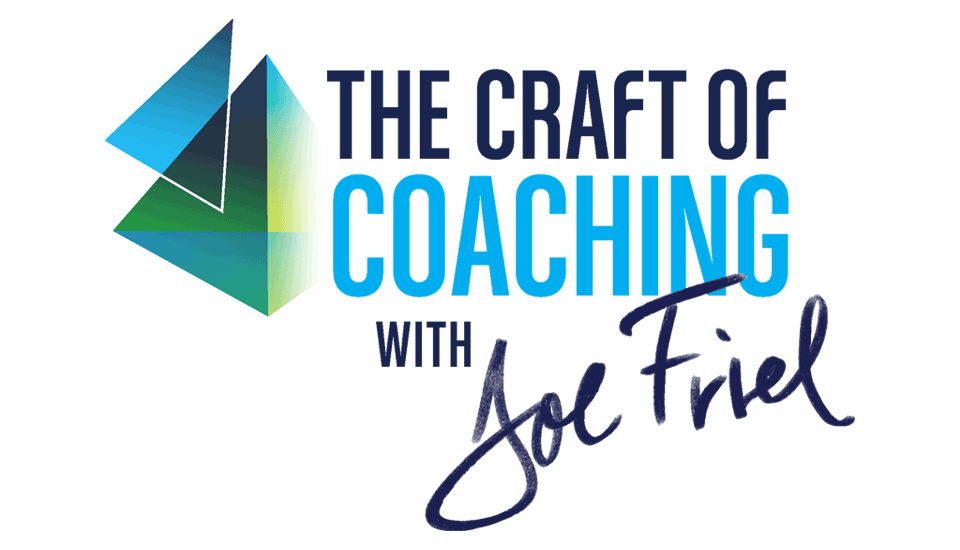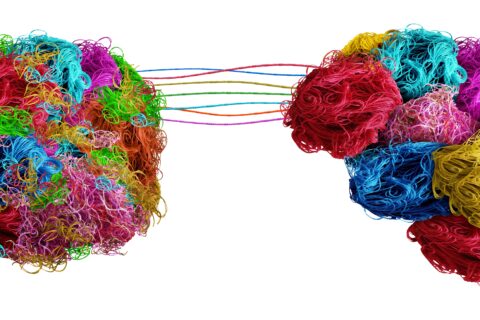What to do when you find yourself caught up in other athletes seeming tougher, happier, and more badass than you on social media.
What to do when you find yourself caught up in other athletes seeming tougher, happier, and more badass than you on social media.





